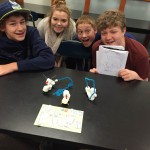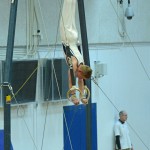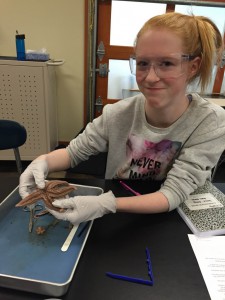 Research: Russell Quaglia, President and Founder of the Quaglia Institute for Student Aspirations, conducted a study on the importance of student voice in schooling and student achievement. He found that students who are engaged are 16 times more likely to want to do well in school and concludes that “students who feel respected and have a sense of control and purpose over what they do at school have a much greater chance of doing well.”
Research: Russell Quaglia, President and Founder of the Quaglia Institute for Student Aspirations, conducted a study on the importance of student voice in schooling and student achievement. He found that students who are engaged are 16 times more likely to want to do well in school and concludes that “students who feel respected and have a sense of control and purpose over what they do at school have a much greater chance of doing well.”Student Voice
 Research: Russell Quaglia, President and Founder of the Quaglia Institute for Student Aspirations, conducted a study on the importance of student voice in schooling and student achievement. He found that students who are engaged are 16 times more likely to want to do well in school and concludes that “students who feel respected and have a sense of control and purpose over what they do at school have a much greater chance of doing well.”
Research: Russell Quaglia, President and Founder of the Quaglia Institute for Student Aspirations, conducted a study on the importance of student voice in schooling and student achievement. He found that students who are engaged are 16 times more likely to want to do well in school and concludes that “students who feel respected and have a sense of control and purpose over what they do at school have a much greater chance of doing well.”



 Research: Education reformer Sir Ken Robinson uses his expertise in business and education to outline the crisis in education in America in his Ted Talk,
Research: Education reformer Sir Ken Robinson uses his expertise in business and education to outline the crisis in education in America in his Ted Talk,  Research:
Research:  Research: Professor
Research: Professor 
 Research: October is
Research: October is